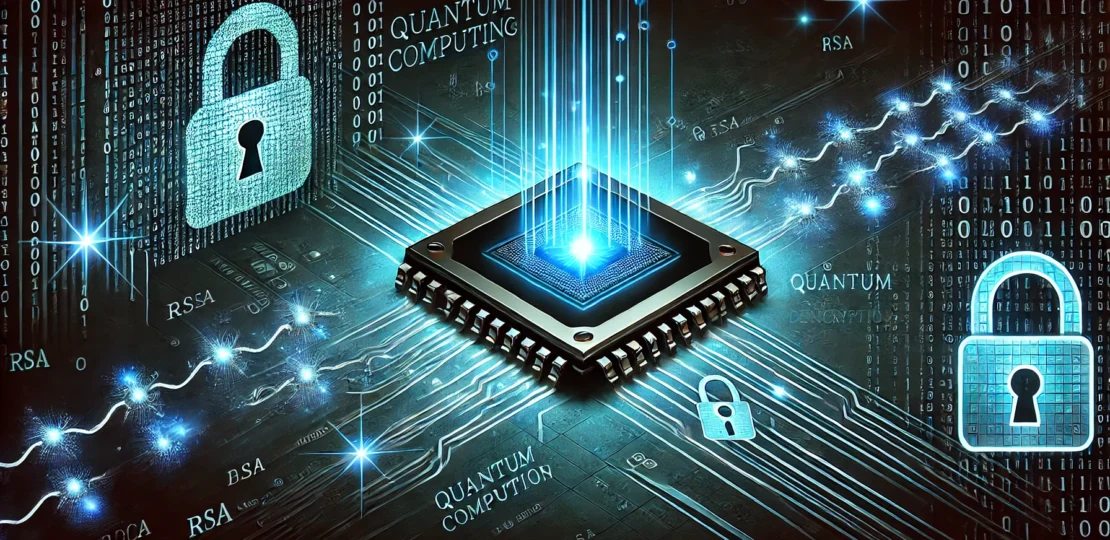Can quantum and traditional computing co-exist?
March 14, 2025 | by lostinmatrix0101@gmail.com

As of today, existing quantum computers are not yet capable of breaking widely used encryption standards such as RSA and ECC. While quantum algorithms like Shor’s algorithm could theoretically decrypt these systems by efficiently factoring large numbers, the current state of quantum hardware is far from achieving this feat.
Current Limitations of Quantum Chips
- Insufficient Qubit Count – Breaking a 2048-bit RSA key would require around 20 million high-quality qubits, but today’s most advanced quantum processors from IBM, Google, and IonQ only have a few hundred noisy qubits—far from what’s needed.
- Error Rates and Stability Issues – Quantum computers suffer from high error rates due to quantum decoherence, meaning their qubits lose information quickly. Reliable quantum error correction is still in development and requires exponentially more qubits.
- Limited Practical Applications – Current quantum machines are specialized for optimization and quantum simulations rather than large-scale cryptographic attacks. They lack the power and stability to execute Shor’s algorithm at a meaningful scale.
When Will Quantum Computers Become a Threat?
Experts estimate that a practical quantum computer capable of breaking RSA-2048 encryption could emerge within 10–20 years, depending on advancements in fault-tolerant quantum computing and hardware scalability. As a result, cybersecurity experts are racing to develop post-quantum cryptography (PQC)—new encryption methods resistant to quantum attacks.
Preparing for the Future
While quantum computers are not an immediate risk to encryption, organizations should start transitioning to quantum-safe encryption now to future-proof their data security. Governments, including NIST (National Institute of Standards and Technology), are already working on standardizing post-quantum cryptographic algorithms to ensure a smooth transition before quantum threats become reality.
